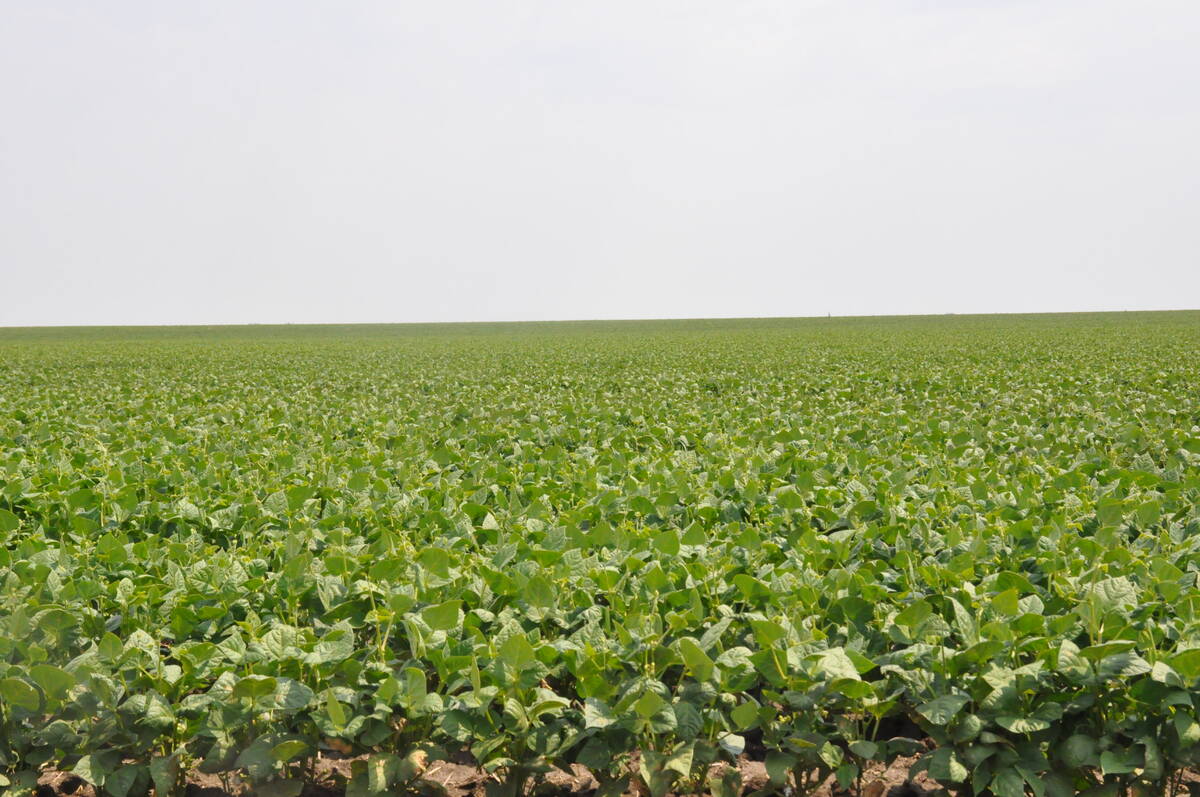Bison may be coming to a supermarket near you.
Carmen Creek Gourmet Meats entered into an arrangement with Safeway in February to put a frozen ground bison product on the shelves of 218 stores in Western Canada.
So far, sales have been meeting expectations, according to Dean Andres, national sales and marketing director of the Calgary company.
Carmen Creek is a vertically integrated operation that combines cow-calf production, a 2,000-head finishing feedlot and a 150-head per week slaughter facility. It markets a range of bison products to restaurants and retail stores.
Read Also

Coloured bean production down, whites are up
Bean prices have been slumping and the outlook is for more of the same.
The Safeway deal cost the company $130,000, but secured a piece of prime real estate on the shelves of a major grocery story chain with a national presence. The deal gave it a chance to put bison on the dinner plates of tens of thousands of consumers. Andres said the Canadian Bison Association’s marketing fund kicked in about 40 percent of the investment.
It’s a high-stakes gamble, he added, because if product sales don’t meet expectations within six months, Safeway will show Carmen Creek the door.
“If you can’t give a good return on that real estate, then out you go.”
To improve its odds, Carmen Creek invested in advertising in Safeway’s weekly flyers at a cost of $5,000 per ad and participates in quarterly product demonstrations.
“The ad is about an inch big. That’s what the true cost is,” he said. “A one day, six hour demo costs $30,000. But it’s really what you need to do to educate consumers.”
The investment is a “leap and a prayer,” he said, and even if it succeeds it will be at least two years before the company starts making money at Safeway. If bison begins moving off the shelves, Carmen Creek may be offered the chance to add more products.
“The key to getting the next product launch is that this one has to be successful,” he said.
“Retail is where you want to be because that’s where most food is purchased.”
Northfork Canadian Bison Ranch in Lasalle, Que., also operates a vertically integrated operation along with a federally inspected killing facility in Montreal that has a capacity of 2,500 animals a year. In business for about 10 years, the company’s cow-calf herd numbers 150 animals.
Given the popularity of veal in Eastern Canada, Rocco Verelli said his company is pursuing the development of a similar product made from bison to maximize profits from smaller animals, especially ones that are slow to reach market weight.
“Hopefully in the near future we’ll see if it is feasible. If it is, then we will be able to do something with those animals that can’t reach a liveweight of 1,000 pounds.”
In Quebec, ranchers have been feeding cheap dried distillers grain from breweries to their bison herds. The results look promising, Verelli said, and animals with fattier meat have been showing up at the slaughter plant.
Northfork concentrates on the grassroots market, and its salespeople regularly visit restaurants and chefs. At the top of the list of customer concerns is the need for a consistent product, Verelli said.
Despite all the talk about healthy eating trends, people still prefer a well-marbled steak, he added.
“We hear the complaints directly from the chefs. They want that fat on those rib eyes and strip loins. Even though they say it’s not healthy for you, they want to see it because it means that it’s a grade A or a prime animal.”
Some burger restaurant chains also prefer more fat. One requires burgers with 35 percent fat.
“That’s the way they want it; that’s what we give them.”














